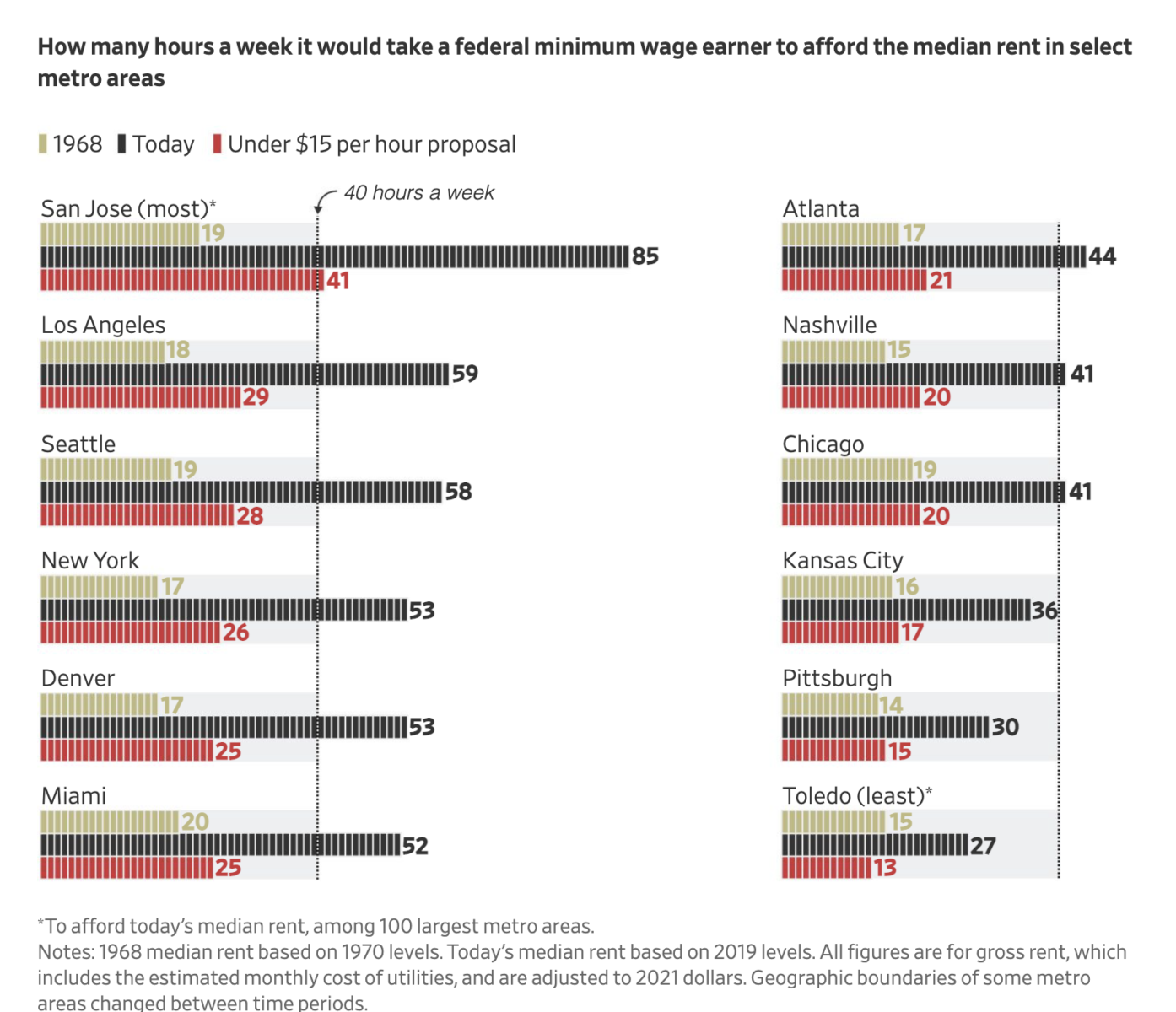The Daily Escape:

Castle Hill Lighthouse, Newport, RI – photo by Ray Dickson
A few random Saturday thoughts: The Capitol wasn’t invaded by hordes of Trump dead enders on Thursday demanding that their leader assume the presidency. But the House of Representatives was fearful enough to take the day off. So mission accomplished!
Second, those dead enders were probably too busy digging through their mom’s basements looking for their old Dr. Seuss books. They heard that Dr. Seuss has been “cancelled” by Biden and the Democrats. According to Fox News’ Brian Kilmeade:
“The cancel culture is canceling Dr. Seuss….It’s out of control.”
There’s nothing like a culture war to distract the Republican rank and file from noticing that none of their House and Senate representatives voted for the Covid Relief Bill or for HR 1.
Dr. Seuss Enterprises is a private company. It made a private business decision about its private property, taking six Seuss books out of circulation. Republicans, those stalwart defenders of private property and free-market capitalism, of course, are going nuts.
OTOH, the Dr. Seuss tempest is capitalism in action. Dr. Seuss Enterprises is minting money off the conservative backlash to the sidelining of his six racist books: Nine of the top ten bestselling books on Amazon right now are Seuss books that aren’t being “cancelled”.
Third, on the economic front, we added 379,000 jobs in February, outpacing expectations. But we’re still about 9.5 million jobs behind where we were one year ago, before the pandemic hit. Even if we were to continue adding jobs at last month’s rate, it would take two full years just to get back to that level.
That should tell us that the only real answer to the jobs crisis is containing Covid. Too bad so many Republican governors are all about undermining that effort by refusing mask mandates. Here’s a map showing the states that have no mask mandate:

It shouldn’t be news that ALL these states have Republican governors, including WY and KS, who have limited mask mandates.
Fourth, here’s a great chart showing how many hours it took to pay rent back when the $7.25 minimum wage was new and how long people have to work for the same space now:

Source: WSJ
Back in 1968, no minimum wage worker had to work more than 20 hours/week to make rent. The chart makes it clear that even if a $15/hour minimum wage is passed, only workers in Toledo OH would be better off than they were in 1968. So, why can’t Republicans see this? Who are they afraid of? Certainly not their own economically distressed voters. Shouldn’t they get on board and say it’s time to pass the $15/hour minimum wage?
But enough of all that ails us, it’s Saturday, and time to take a break from the big questions of the day, and concentrate on smaller things, in other words, a Saturday Soother. Here at the Mansion of Wrong, we have finally taken down our Christmas tree. Since it’s a faux tree, we have zero dead needles on the floor.
We’re also looking forward to setting up our new treadmill today. Because of the pandemic, these babies are in short supply. The delivery team said yesterday that we were their 12th stop of the day. Should have bought stock in that company.
Today we’re brewing up your coffee from the Brooklyn Roasting Company in Dumbo, on Brooklyn’s coffee waterfront. Today, let’s pop the top on a 12 oz. can of their 3D coffee, ($15) with its notes of berry, dark chocolate, and honey. The roaster says it pops out and pulls you in.
Now take a seat by a window and listen to “Meditation” from Jules Massenet’s opera, “Thaïs”. It is based on the novel “Thaïs” by Anatole France and was first performed in Paris in March 1894. Here it is played by Nathan Farrington on Bass, and Allison Allport on Harp, not the more traditional violin or orchestral version:
BTW, Wrongo checked, and today is the fifth time he’s featured the “Meditation” on a Saturday. He must really like it. If you’ve never listened to it before, please try it today!

If you took the USA we knew in 1968 (with unions, an effective minimum wage and so forth) and compared it to the USA now, you would see what conservative policies have yielded. We have weak unions, wages are stagnant or worse. Unemployment benefits in most states are both too small and are difficult to collect by design. Taxes are low – especially on assets and wealth has become concentrated in the few.
Hospitals which were once run as non profits are now part of large for profit businesses and are effectively for profit even if still legally structured as non profits. State colleges are not affordable by someone who can pay his own way with a summer job and part time work during the school year. (I know, I began college in 1969).
Medical debt can destroy a family – college debt can make it difficult for a graduate and even worse for a person who incurs debt but does not graduate.
If we were honest with ourselves and compared the rise of the middle class after WWII (and liberal policies) to the decline after 1980, we could only conclude that conservative policies had failed utterly and it is time to reverse course. Yet conservative ideas remain credible to many and our form of government keeps them in power over much of America.
The invasion and the many angry folks who agree with it are but one more example of how average folks have been bewitched by easy rhetoric and clear appeals to racism.
Thanks for sharing the WSJ table comparing the $15 minimum wage proposal to median rents. That folks would be less well off working 40 hours/wk at $15 than they were at1968 rates effectively makes the point that $15 is not “too much” at all, as some claim.
But can’t we just prorate the minimum age relative to the variable median rents across the country? Not very feasibly; it’s too complicated and too likely to promote dishonest counting. So why not acknowledge the undeniable fact that rents are likely to be lower in places where the economy is less robust and such economies might be helped by low wage folks having a little spending money above what it costs for modest housing and adequate food? How would that outcome possibly endanger public good or private morality?